

Goal 7: Ensure access to affordable, reliable, sustainable and modern energy
Energy is central to nearly every major challenge and opportunity the world faces today. Be it for jobs, security, climate change, food production or increasing incomes, access to energy for all is essential. Working towards this goal is especially important as it interlinks with other Sustainable Development Goals. Focusing on universal access to energy, increased energy efficiency and the increased use of renewable energy through new economic and job opportunities is crucial to creating more sustainable and inclusive communities and resilience to environmental issues like climate change.
At the current time, there are approximately 3 billion people who lack access to clean-cooking solutions and are exposed to dangerous levels of air pollution. Additionally, slightly less than 1 billion people are functioning without electricity and 50% of them are found in Sub-Saharan Africa alone. Fortunately, progress has been made in the past decade regarding the use of renewable electricity from water, solar and wind power and the ratio of energy used per unit of GDP is also declining.
However, the challenge is far from being solved and there needs to be more access to clean fuel and technology and more progress needs to be made regarding integrating renewable energy into end-use applications in buildings, transport and industry. Public and private investments in energy also need to be increased and there needs to be more focus on regulatory frameworks and innovative business models to transform the world’s energy systems.
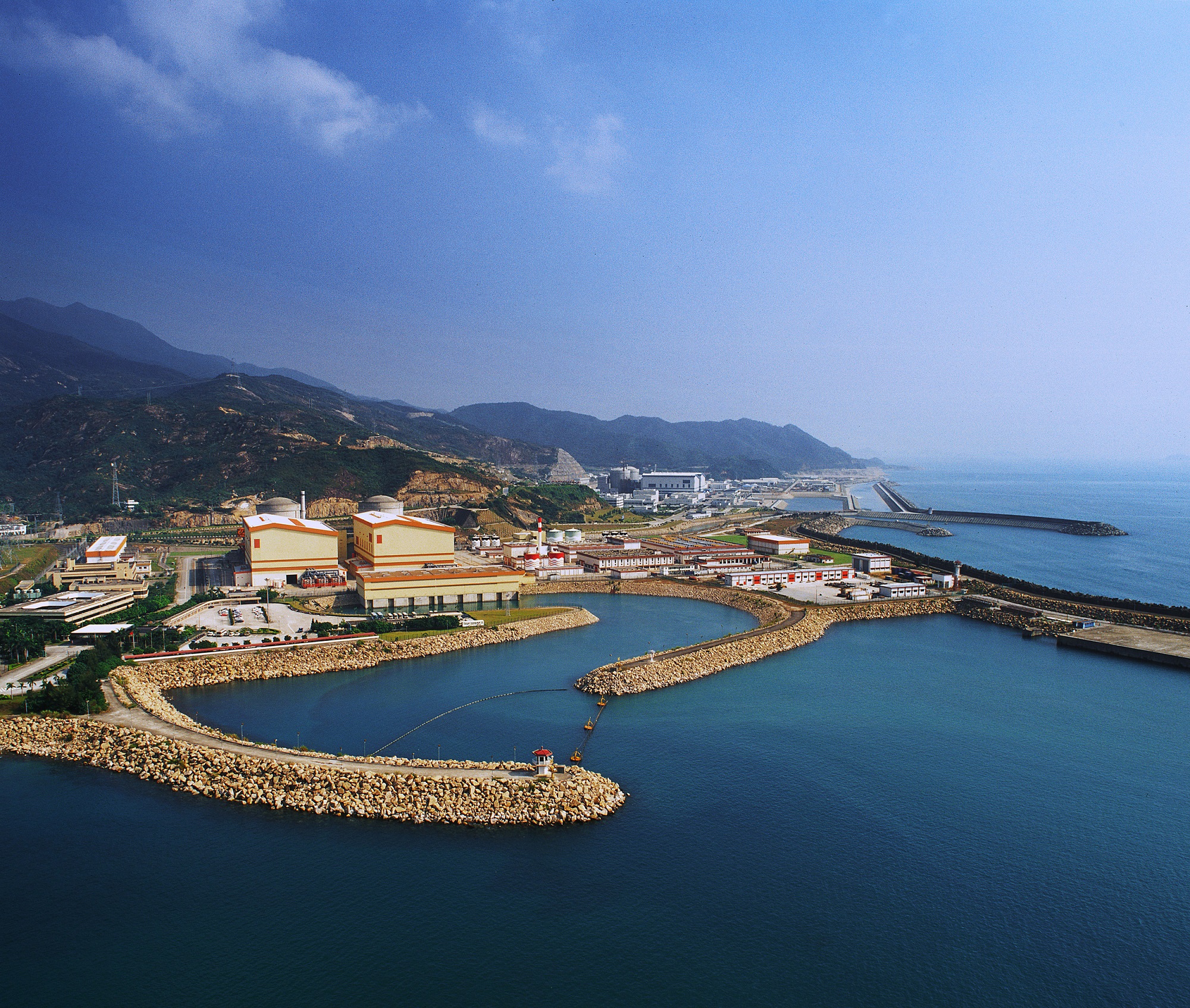
Daya Bay Nuclear Power Plant in Shenzhen is a model of clean energy. (Source: website of China General Nuclear Power Group)
Facts and figures
●13% of the global population still lacks access to modern electricity.
●3 billion people rely on wood, coal, charcoal or animal waste for cooking and heating
●Energy is the dominant contributor to climate change, accounting for around 60 per cent of total global greenhouse gas emissions.
●Indoor air pollution from using combustible fuels for household energy caused 4.3 million deaths in 2012, with women and girls accounting for 6 out of every 10 of these.
●The share of renewable energy in final energy consumption has reached 17.5% in 2015.
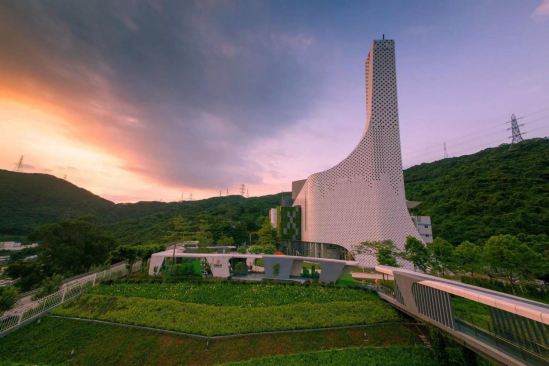
Yantian Waste-to-Energy Plant in Shenzhen, which has been in operation for 14 years, is popular on the Internet because of its appearance and strength. (Source: website of Shenzhen Energy Environment Co., Ltd.)
Goal 7 targets
●7.1 By 2030, ensure universal access to affordable, reliable and modern energy services
●7.2 By 2030, increase substantially the share of renewable energy in the global energy mix
●7.3 By 2030, double the global rate of improvement in energy efficiency
●7.A By 2030, enhance international cooperation to facilitate access to clean energy research and technology, including renewable energy, energy efficiency and advanced and cleaner fossil-fuel technology, and promote investment in energy infrastructure and clean energy technology
●7.B By 2030, expand infrastructure and upgrade technology for supplying modern and sustainable energy services for all in developing countries, in particular least developed countries, small island developing States, and land-locked developing countries, in accordance with their respective programmes of support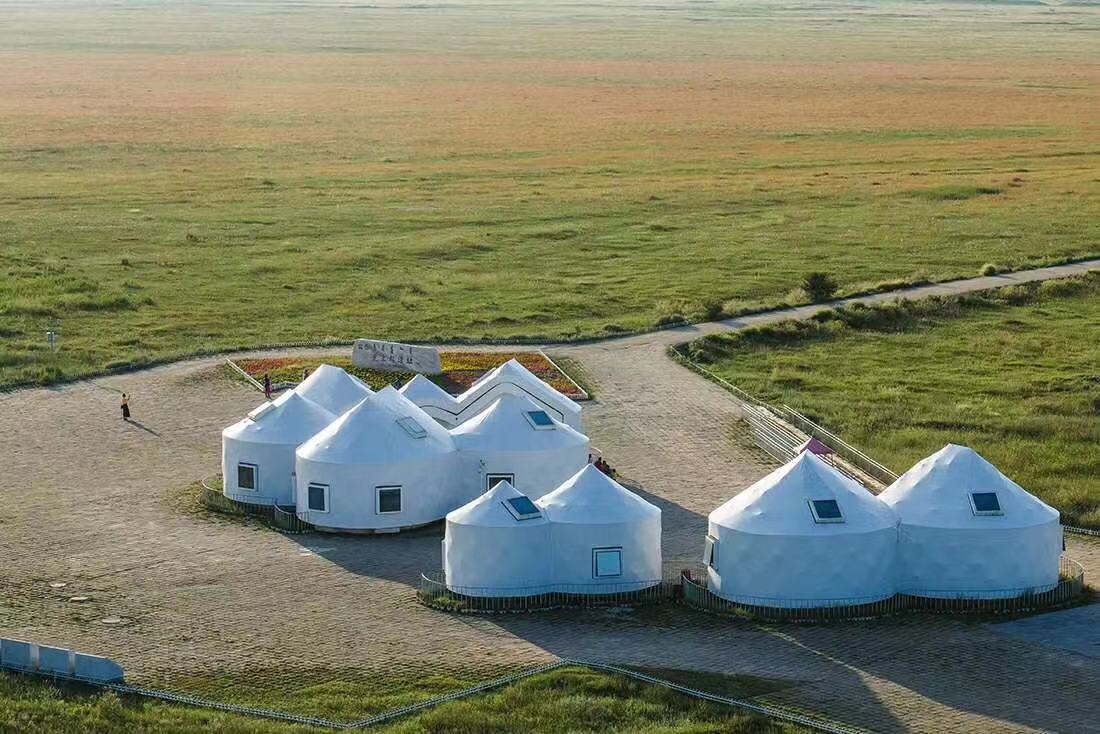
Yurts in Zhenglan Banner in Xilin Gol League, Inner Mongolia Autonomous Region, China. (Photo by Mr. Bada Nilatu, executive deputy chief of Zhenglan Banner)
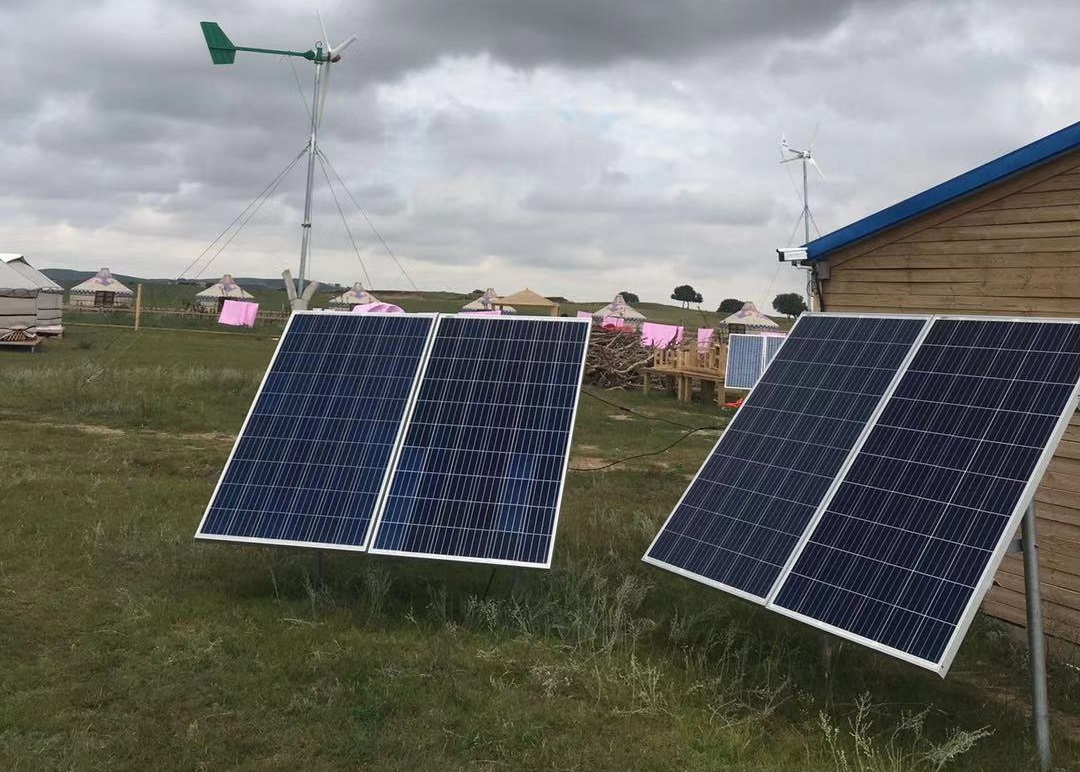 Solar and wind power facilities commonly used in grassland herdsmen's life in Zhenglan Banner, Xilin Gol League, Inner Mongolia Autonomous Region, China. (Photo taken by Ms. Jin Lan, executive director of the International Mayors Communication Centre, an NGO in Consultative Status with UN ECOSOC, during her trip to the Site of Xanadu, a capital city of Yuan Dynasty, from August 9 to August 11, 2019)
Solar and wind power facilities commonly used in grassland herdsmen's life in Zhenglan Banner, Xilin Gol League, Inner Mongolia Autonomous Region, China. (Photo taken by Ms. Jin Lan, executive director of the International Mayors Communication Centre, an NGO in Consultative Status with UN ECOSOC, during her trip to the Site of Xanadu, a capital city of Yuan Dynasty, from August 9 to August 11, 2019)
AFFORDABLE AND CLEAN ENERGY: WHY IT MATTERS
3 billion people lack access to clean cooking fuels, resulting in nearly 4 million premature deaths each year
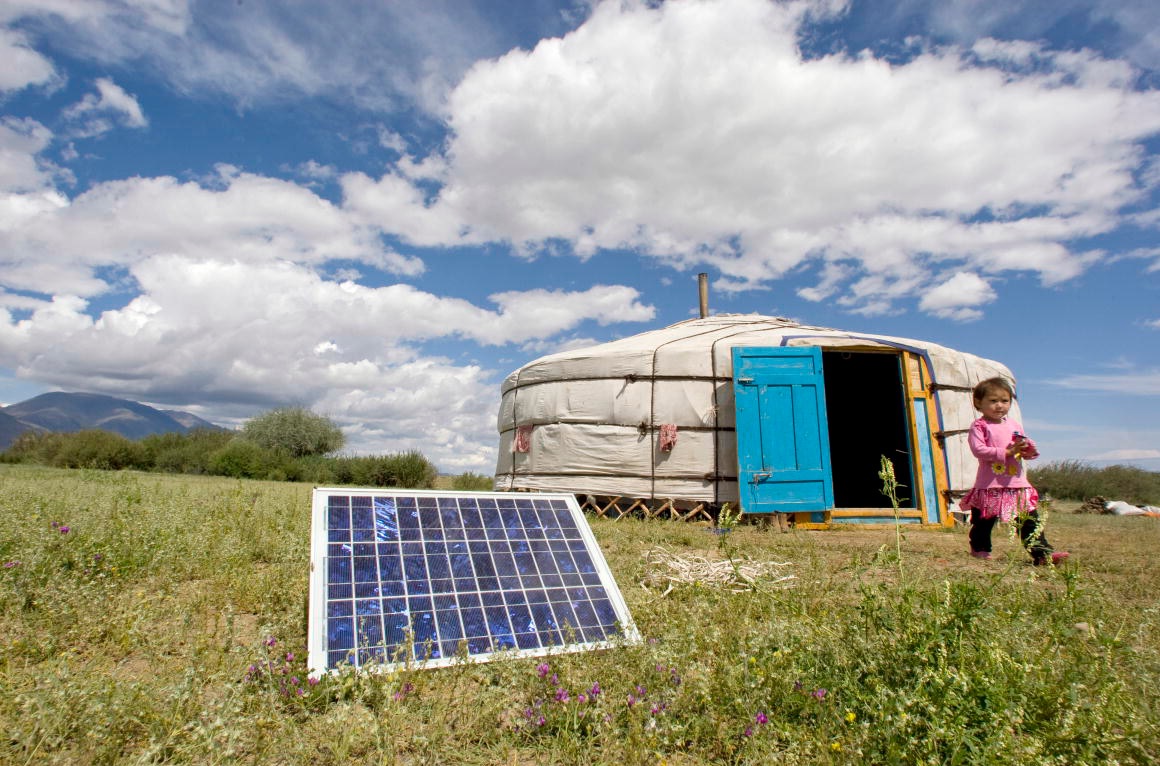 (UN Photo / Eskinder Debebe)
(UN Photo / Eskinder Debebe)
What’s the goal here?
To ensure access to affordable, reliable, sustainable and modern energy for all.
Why?
A well-established energy system supports all sectors: from businesses, medicine and education to agriculture, infrastructure, communications and high-technology.
Access to electricity in poorer countries has begun to accelerate, energy efficiency continues to improve, and renewable energy is making impressive gains. Nevertheless, more focused attention is needed to improve access to clean and safe cooking fuels and technologies for 3 billion people.
I have access to electricity. Why should I care about this goal?
For many decades, fossil fuels such as coal, oil or gas have been major sources of electricity production, but burning carbon fuels produces large amounts of greenhouse gases which cause climate change and have harmful impacts on people’s well-being and the environment. This affects everyone, not just a few. Moreover, global electricity use is rising rapidly. In a nutshell, without a stable electricity supply, countries will not be able to power their economies.
How many people are living without electricity?
Nearly 9 out of 10 people now have access to electricity, but reaching the unserved will require increased efforts. In sub-Saharan Africa, an estimated 573 million people still lacked access to electricity. Without electricity, women and girls have to spend hours fetching water, clinics cannot store vaccines for children, many schoolchildren cannot do homework at night, and people cannot run competitive businesses. The health and well-being of some 3 billion people are adversely impacted by the lack of clean cooking fuels, such as wood, charcoal, dung and coal, which causes indoor air pollution.
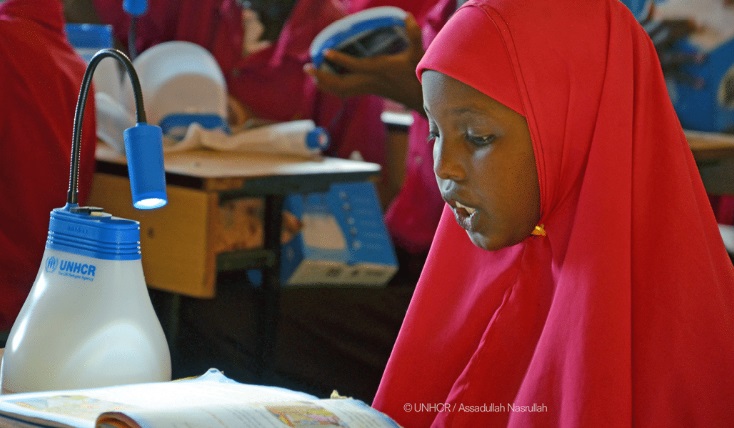
What would it cost to switch to more sustainable energy?
The world needs to triple its investment in sustainable energy infrastructure per year, from around $400 billion now to $1.25 trillion by 2030. Regions with the greatest energy deficits—
sub-Saharan Africa and South Asia—need our help to improve energy access. That includes pushing harder to find clean, efficient, and affordable alternatives to health-damaging
cook stoves.
What can we do to fix these issues?
Countries can accelerate the transition to an affordable, reliable, and sustainable energy system by investing in renewable energy resources, prioritizing energy efficient practices, and adopting clean energy technologies and infrastructure. Businesses can maintain and protect ecosystems to be able to use and further develop hydropower sources of electricity and bioenergy, and commit to sourcing 100% of operational electricity needs from renewable sources.
Employers can reduce the internal demand for transport by prioritizing telecommunications and incentivize less energy intensive modes such as train travel over auto and air travel. Investors can invest more in sustainable energy services, bringing new technologies to the market quickly from a diverse supplier base.
You can save electricity by plugging appliances into a power strip and turning them off completely when not in use, including your computer. You can also bike, walk or take public transport to reduce carbon emissions.
Source: un.org (unless otherwise credited)
Copyright © 2005-2021 IMCC. All Rights Reserved.粤ICP备15048427号 ruizim.net


